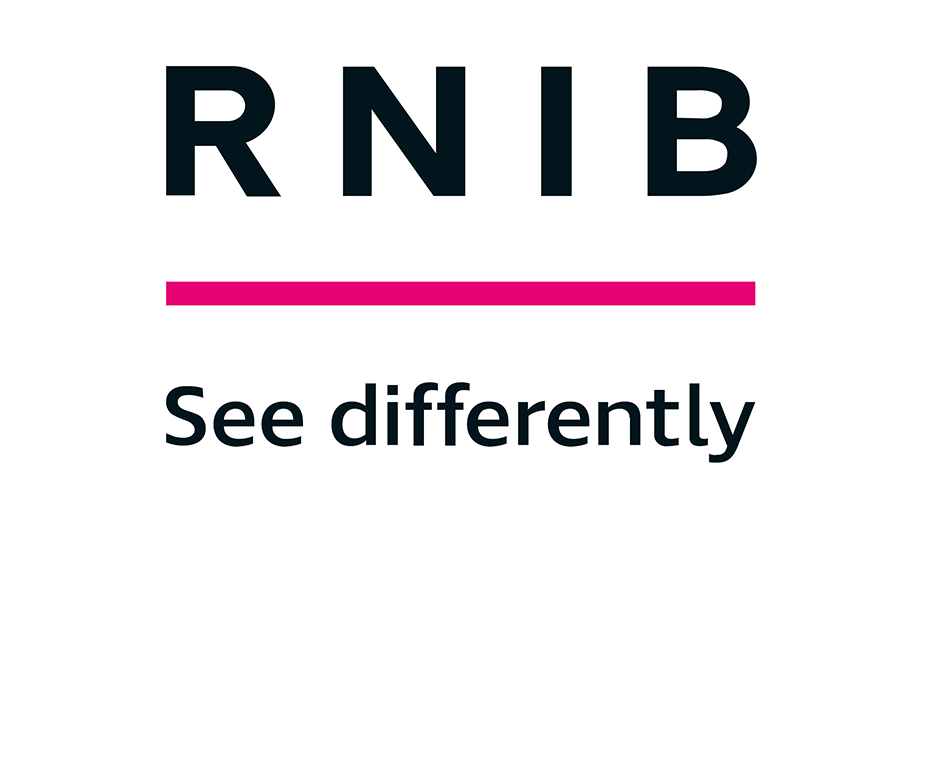
In recent years almost every part of the talent acquisition process – from application to on-boarding – has seen innovation, and been digitalised in some way, except one. The face to face interview. It remains the way we select candidates for most jobs. We want to meet them, interact with them, assess their character and strengths, see the whites of their eyes as we put them under pressure with curveball questions, and use our instincts to indicate if we’ve got the right person.
For screening and early stage interviews though, this can be a time consuming and costly process. The prospective candidates invest time and money in physically attending our offices, and sometimes logistical difficulties may rule them out of the process entirely, whilst our own managers make similarly large personal investments, sometimes just to arrive a shortlist for consideration.
And we’re not always guaranteed to get the best talent. There could be a number of reasons for this, including:
• People can’t get to meet us during the allocated screening process.
• Lack of consistency in hiring manager interview questions resulting in lack of consistency in candidate comparisons.
• Unconscious bias and personal preference may lead to favouring an interviewee with whom the interviewer has chemistry,but who may not have given the most relevant answers.
• It’s a one-off exam… interviewees need to think on their feet and won’t have the chance to give another answer, even if they feel that their first one isn’t representative enough.
• Telephone interviews take on average 30 minutes, face to face longer, and yet many recruiters make their mind up within 90 seconds.
With talent scarce, and attraction becoming increasingly difficult and expensive, it could be crucial to business growth to have a hiring process that is flexible, inclusive, consistent, quick and cost effective. And digital!
So it’s no surprise that video interviewing has become increasingly popular amongst businesses who may be time poor but can’t afford to miss out on the best talent. For screening purposes it brings a candidate’s skills, experience and knowledge to life in a way that CVs never could, whilst for selection it can help cut down on making snap decisions and rejecting candidates who succumb to nerves in a face to face interview.
There are two main types of video interview:
One-way – in which the interviewee records their answers to pre-set questions at a time to suit them, with the resulting video being reviewed at a time to suit the recruiter. They don’t have to be online at the same time.
Two-way – real time face to face interviews which can be conducted at a convenient time. These can be recorded to enable replay, and for sharing with other colleagues to view for a second opinion.
This format can help candidates make a good first impression, but how about the impression they get of you?
At January’s In House Recruitment Expo you’ll be able to hear Walter Hueber, CEO of Cammio, explain more about maximising the benefits of video interviewing to screen, select and impress. Cammio enable you to put employer brand at the heart of the video interviewing experience, whilst also offering a mobile app (for candidates, or interviewers, on the move) and ATS integration.
With a Harvard study indicating that as much as 80% of employee turnover could be attributed to hiring process mistakes, and job applications increasing, taking a fresh approach to the interview phase could help with attracting and selecting the right candidates.
By Mervyn Dinnen



